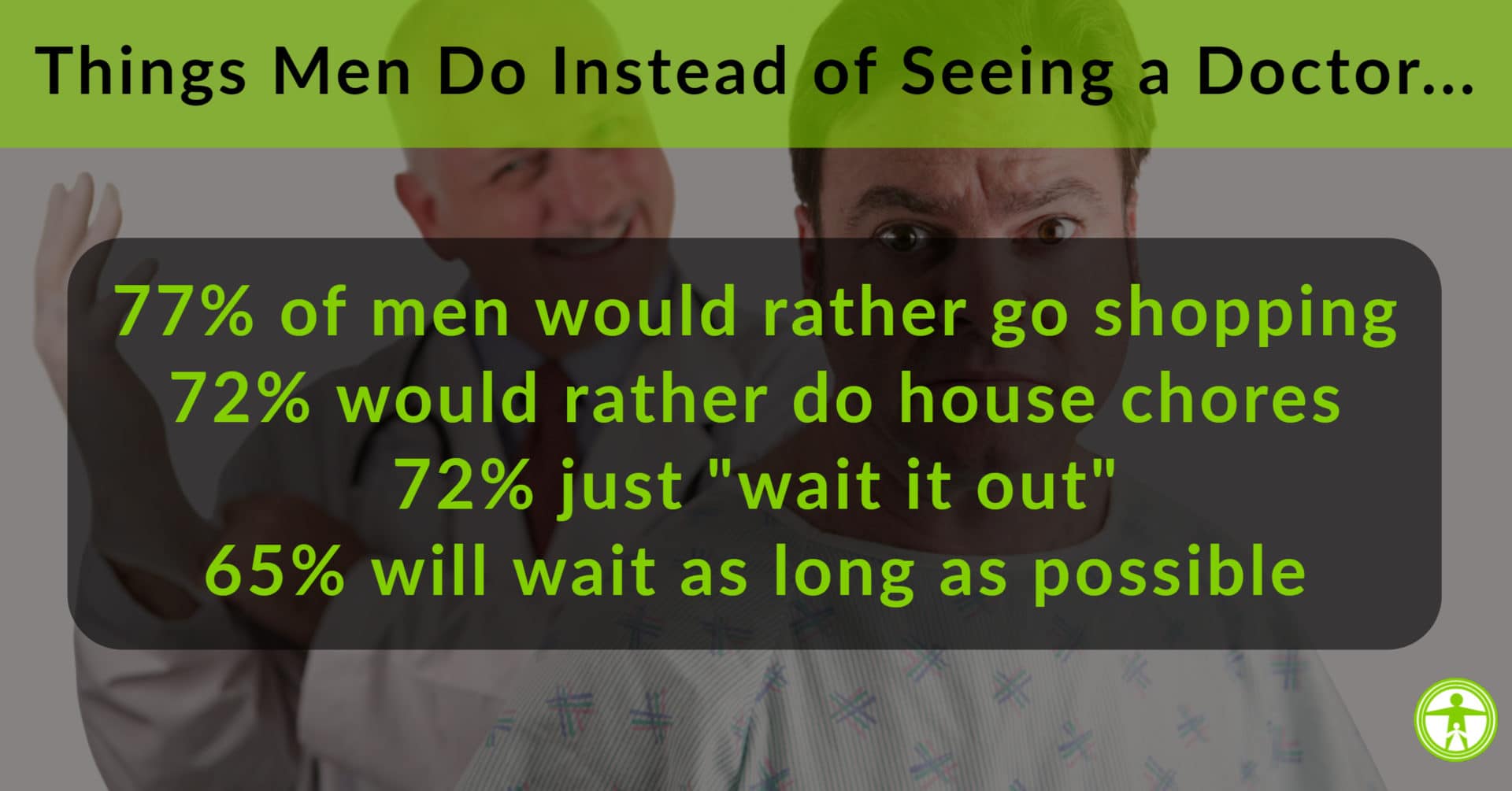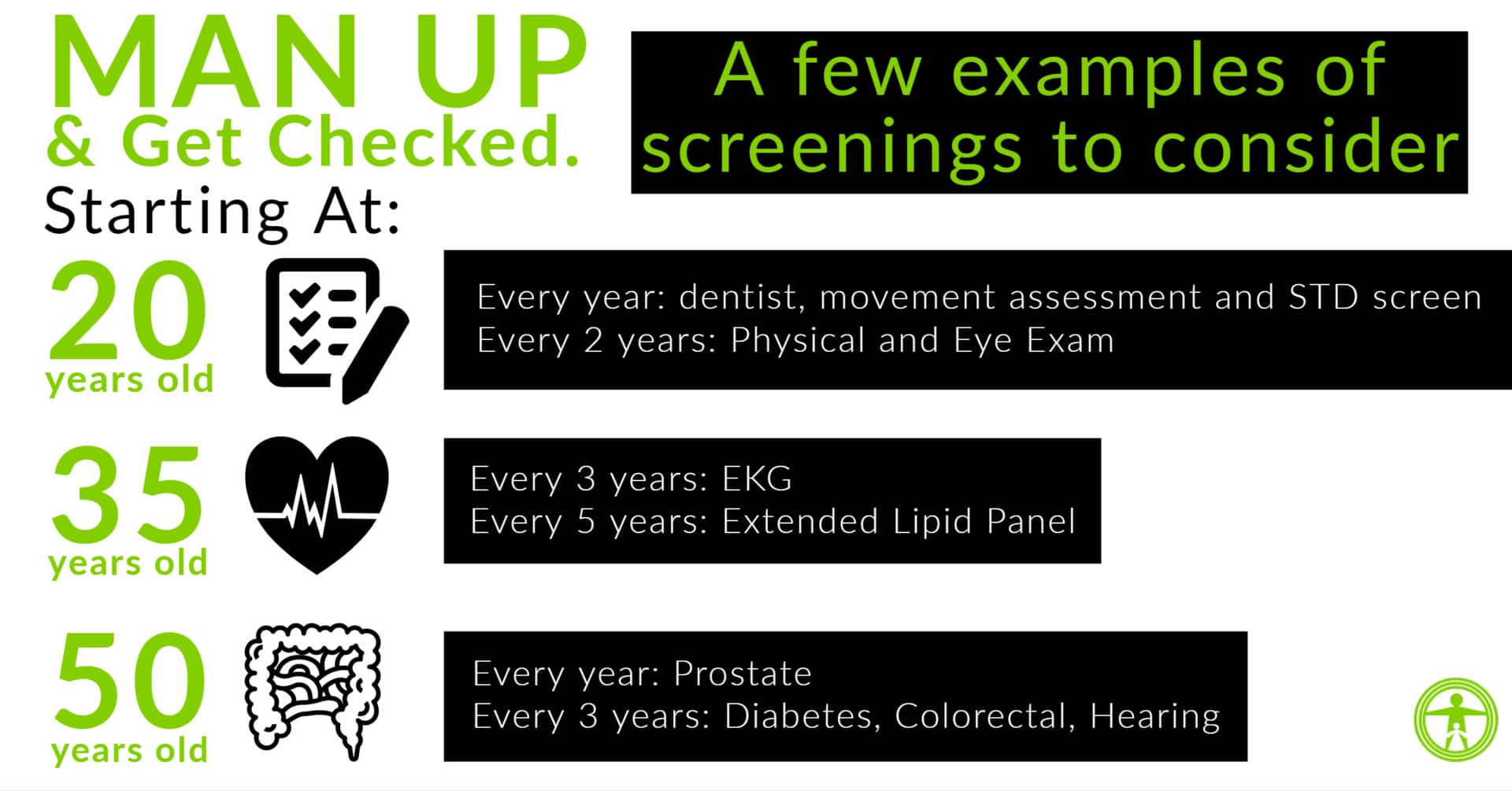Everywhere in the world women live longer than men – but this was not always the case.
The available data from rich countries shows that women didn’t live longer than men in the 19th century.
So why do women live so much longer than men today, and why has this advantage increased over time?
Well, we know that biological, behavioral and environmental factors all contribute to the fact that women live longer than men; but we don’t know exactly how strong the relative contribution of each of these factors is.
Independent of the exact reason, we know that part of the reason has to do with the fact that some key non-biological factors have changed.
What are these changing factors?
Some are well known and relatively straightforward, like the fact that men smoke and drink alcohol more often than women. Other factors are more complicated.
For example, new evidence shows that in rich countries the female advantage increased in part because infectious diseases used to affect women disproportionately a century ago, so advances in medicine that reduced the long-term health burden from infectious diseases, especially for survivors, ended up raising women’s longevity disproportionately.
Thank God for Dr. Semmelweis, the father of modern antiseptic procedures who early in his career started a new job at a medical clinic and discovered that women in that clinic died at a rate nearly five times higher than women in the midwives' clinic! True story.
But today, what's the biggest reason why men die sooner than women?
If you dig into it, you'll find that it comes down to personal responsibility.
It's something men seem to be lacking when it comes to their health.
Men Don't Like Going To the Doctor For Their Health
Most men—77%—would rather go shopping with their wife or significant other than go to the doctor, according to a new national survey by the Cleveland Clinic.
Despite the fact that 33% of men aged 40-59 have degenerative disc disease, 72% would rather do household chores, like cleaning the bathroom or mowing the lawn, than go to an Austin Chiropractor.
What's ironic about this – is that that some men can't even do basic chores without hurting themselves. Oh brother!
Why is that? To be blunt – we're stubbornly stupid.
Men are pretty dang stubborn about a lot of things and taking care of themselves or putting their health as a priority is at the top of the list.
About two-thirds of men (65%) tend to wait as long as possible to see a doctor when they have any health symptoms or injury.
This is particularly true for men ages 35 to 54 years—72% of whom said they try to tough it out before going to the doctor.
It doesn't make sense.
Even among men who do go to the doctor, 20% admit they haven’t been completely honest with their PCP before.
Why did they not tell the truth?
- 46% said they were embarrassed
- 40% said they felt uncomfortable
- 39% said they didn’t want to be judged
- 38% said they thought their health problem would resolve on its own
- 37% said they knew something was wrong, but weren’t ready to face the diagnosis and/or would rather not know if they have any health issues
- 36% said they didn’t want to hear they needed to change their diet/lifestyle (ie, exercise more, change diet, quit smoking, etc)
But when it comes to testicles and testosterone; well that's a different story?
At least 54% of men said they would discuss sex-related concerns, such as their sexual history and “below the belt” issues (skin irritations, erectile dysfunction, sexually transmitted diseases/infections, etc).

Men Simply Don't Pay Attention to Their Health
The average man pays less attention to his health than the average woman.
Compared to women, men are more likely to
- drink alcohol and use tobacco
- make risky choices
- not see a doctor for regular checkups
Even though men succumb to diseases and dysfunctions that can affect anyone – heart disease, stroke, diabetes, cancer, depression – they only seem to care about their health when it impacts something closer to home, such as anything having to do with their testicles, testosterone or the lack of “gains” that they're getting in the gym.
As an Austin chiropractor, the vast majority of “Bros” that come to see me, do so because their “manhood” has been taken by an upset spine. One that doesn't let them play basketball anymore, bench press or golf.
Men's health is for the most part reactive, rather than proactive.
Many of the major health risks that men face can be prevented with a healthy lifestyle: regular exercise, a healthy diet, not smoking, stress reduction, and alcohol consumption in the moderate range (no more than two drinks a day) if at all.
And yes… there are a lot of men who ASSUME that they're doing ok because maybe they do exercise regularly, eat a healthy diet and don' smoke.
But regular checkups and screening tests can spot disease early, when it's easiest to treat.
So don't be an average man — get on board with protecting your health and get checked.

Stop the Stigma and Start MENtioning Your Health Problems.
So, what’s the underlying reason for all this stubbornness and stonewalling about going to the doctor?
It could be as simple as being told as a boy to just “Man Up” and talk to someone about your problems. Take some personal responsibility for your health and the people around you.
There's a big problem in our culture where we teach people to not complain about their health problems. It's even worse for mental health.
But it's time to get rid of the stigma that a man isn’t allowed to show weakness by admitting something might be wrong with his health.



